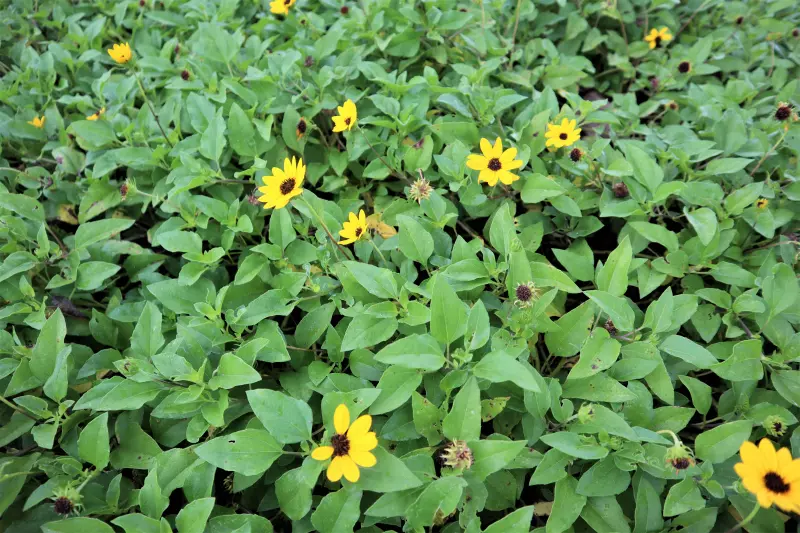By Amanda Rose Newton
In recent years, an ecological initiative known as “No Mow May” has been sprouting up across lawns worldwide, encouraging homeowners to put their lawnmowers away for the month.
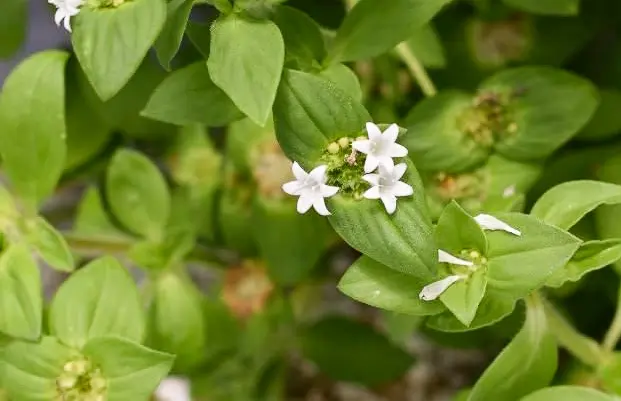
This movement began modestly in the UK and has rapidly spread, particularly in the United States and Canada, garnering support from environmentalists and nature enthusiasts alike. The primary intent of “No Mow May” is to provide pollinators like bees, butterflies, and other insects with a habitat rich in resources during a critical period of their lifecycle early in the spring.
The Origins and Intentions of “No Mow May”
The idea took root in 2019, started by Plantlife, a British conservation charity. The campaign was designed to boost biodiversity by allowing wildflowers to bloom, which are vital sources of nectar for pollinators.
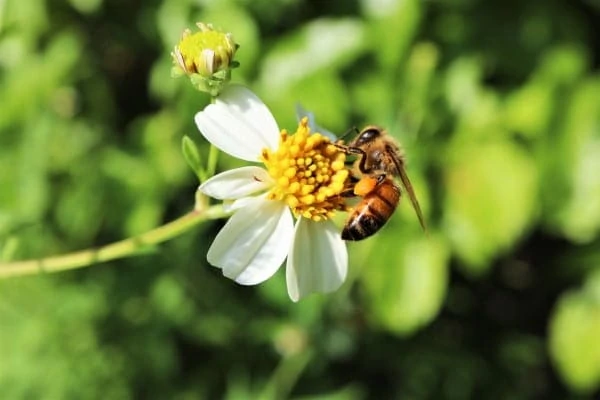
The concept is simple yet powerful: by reducing the frequency of mowing, lawns can transform into wildflower havens, offering much-needed nourishment to local wildlife, which face increasing threats from habitat loss and chemical usage. It also happens to coincide with Brevard County’s Fertilizer ban!
Pros and Cons of “No Mow May”
Pros:
Increased Biodiversity: Lawns can support a variety of plant species, many of which are beneficial for pollinators.
Support for Pollinators: Provides essential resources for bees, butterflies, and other pollinating insects, which have seen declining populations due to pesticides and loss of habitat.
Reduced Lawn Maintenance: Less mowing means less labor and lower energy costs, reducing carbon footprints.
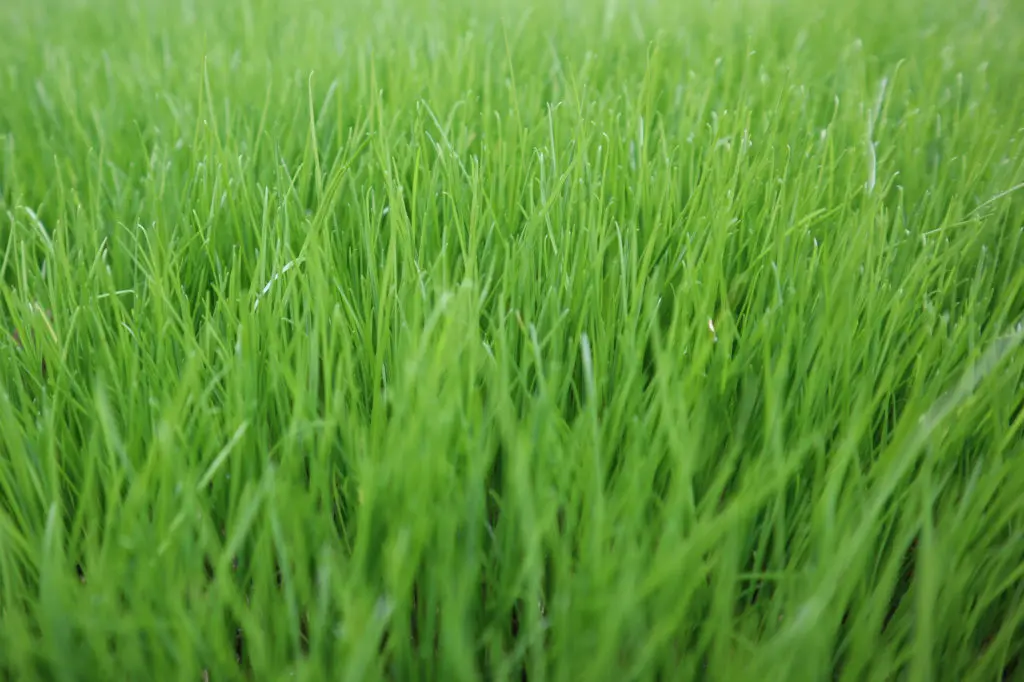
Water Conservation: Less frequent mowing helps in retaining soil moisture, thus requiring less watering.
Cons:
Allergies: Overgrown grasses and flowers can aggravate allergies.
Pest Habitats: Tall grasses may encourage the proliferation of pests like ticks and mosquitoes. In addition, removing the flowering wildflowers from your yard when you do mow will cease to provide nourishment for pollinators.
Neighborhood Complaints: Unmown lawns might not be in compliance with local community standards or HOA regulations, leading to potential disputes or fines.
Uneven Growth and Recovery: Post-May, some grasses may recover from being left uncut unevenly, potentially leading to patchy lawns.
Non-Grass Groundcovers for Florida
For those in Florida looking to participate in “No Mow May” or simply reduce their lawn maintenance year-round, considering non-grass groundcovers can be a fruitful endeavor.
These alternatives not only offer ecological benefits but also stand up well to the state’s humid climate and can be visually striking. They will also continue to feed pollinators year round!
Dune Sunflower (Helianthus debilis): This native, drought-tolerant groundcover thrives in full sun, producing cheerful yellow flowers that attract butterflies.
Mondo Grass (Ophiopogon japonicus): Ideal for shaded areas, this low-growing plant forms dense mats of grass-like leaves, requiring little to no mowing.
Creeping Thyme (Thymus serpyllum): Known for its resilience and aromatic foliage, creeping thyme offers a fragrant and durable alternative to traditional grass, which can tolerate light foot traffic.
Perennial Peanut (Arachis glabrata): A nitrogen-fixing plant that produces small yellow flowers, it’s excellent for sunny spots and reduces the need for fertilizing.

Sunshine Mimosa (Mimosa strigillosa): Another Florida native, this unique ground cover displays pink pom-pom like cotton candy blooms that add excitement to any landscape.
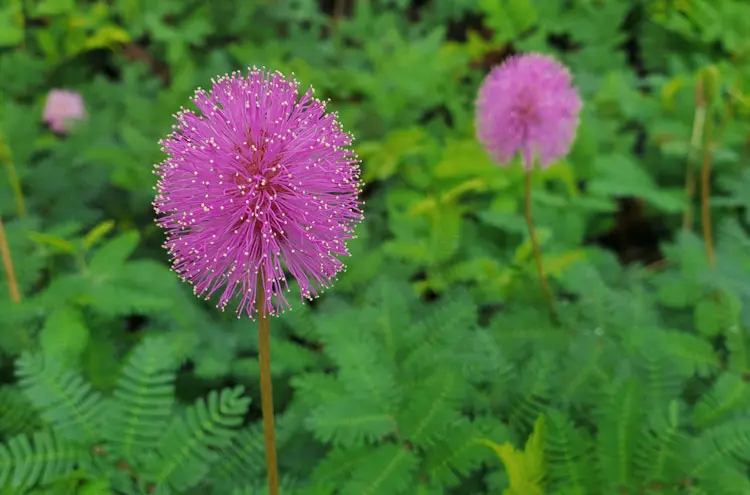
“No Mow May” is more than just an excuse to avoid yard work; it’s a commitment to making small changes with potentially significant environmental benefits.
Whether it’s supporting local wildlife, conserving water, or exploring sustainable landscaping practices, this movement offers everyone a chance to contribute to a greener, more biodiverse world.
As communities and individuals increasingly recognize the importance of ecological stewardship, initiatives like “No Mow May” highlight simple yet impactful ways to foster a more sustainable relationship with our natural surroundings.

